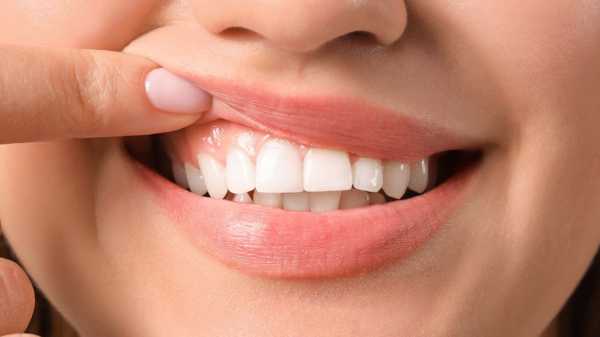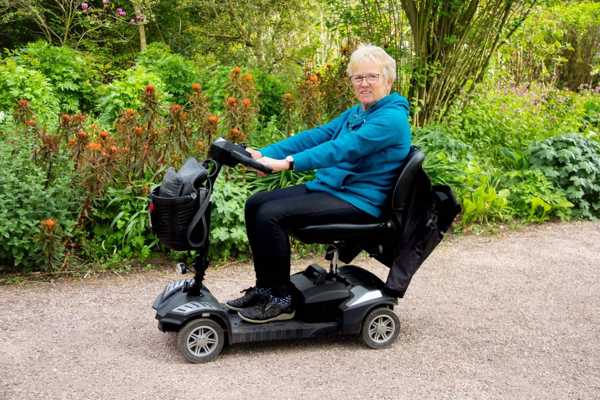Your Guide to Powerful Substance Abuse Treatment Options
Substance abuse is a pervasive and often devastating issue, but the good news is that effective treatment options are available, offering hope and pathways to recovery for those affected. Whether it’s alcohol, opioids, prescription medications, or other substances, addiction can be managed with the right interventions and support systems. However, recovery requires a comprehensive, individualized approach that tackles both the physical and psychological aspects of addiction.
Substance abuse is a pervasive and often devastating issue, but the good news is that effective treatment options are available, offering hope and pathways to recovery for those affected. Whether it’s alcohol, opioids, prescription medications, or other substances, addiction can be managed with the right interventions and support systems. However, recovery requires a comprehensive, individualized approach that tackles both the physical and psychological aspects of addiction.

In this guide, we’ll explore powerful substance abuse treatment options designed to help individuals overcome addiction, maintain long-term recovery, and rebuild their lives.
1. Detoxification (Detox)
For individuals physically dependent on substances, detoxification (detox) is typically the first step in the recovery process. Detox helps to safely manage withdrawal symptoms and clear substances from the body under medical supervision.
- Medically supervised detoxensures that individuals receive the necessary medications to alleviate withdrawal symptoms and prevent complications, such as seizures or dehydration.
- Detox is typically a short-term process, lasting anywhere from 3 to 7 days, depending on the substance abused and the severity of the addiction.
Benefits:
- Provides a safe, supervised environmentfor withdrawal.
- Reduces the risks associated with self-detoxing, which can be life-threatening.
- Clears the body of addictive substances, creating a foundation for therapy and rehabilitation.
2. Inpatient/Residential Treatment
Inpatient or residential treatment programs are one of the most effective solutions for individuals with severe substance abuse issues. These programs provide a highly structured environment where patients live on-site and receive round-the-clock care and supervision.
- 24/7 support: Inpatient programs offer constant medical and emotional support, making them ideal for individuals with significant physical dependence or co-occurring mental health conditions.
- The program includes a combination of individual therapy, group therapy, medication management, and behavioral therapies.
- Most inpatient programs last from 30 to 90 days, though some offer longer options depending on the individual's needs.
Benefits:
- Provides a safe, distraction-free environmentto focus on recovery.
- Around-the-clock carehelps manage withdrawal symptoms and emotional challenges.
- Offers a comprehensive approach, addressing both physical addiction and underlying psychological issues.
3. Outpatient Treatment
For those who need more flexibility or have already completed inpatient treatment, outpatient treatment offers a more affordable and less restrictive option. Outpatient programs allow individuals to attend therapy sessions while living at home.
- Intensive Outpatient Programs (IOP)and Partial Hospitalization Programs (PHP) are more intensive forms of outpatient care, offering several hours of therapy a day, multiple days a week.
- Standard outpatient therapytypically includes weekly therapy sessions, both individual and group, and access to support groups.
Benefits:
- Flexibilityto continue working, attending school, or managing family responsibilities.
- More affordable compared to inpatient treatment.
- Ideal for individuals with milder addictionsor those transitioning from inpatient care.
4. Medication-Assisted Treatment (MAT)
Medication-Assisted Treatment (MAT) is one of the most powerful treatment options for opioid and alcohol addiction. MAT combines FDA-approved medications with counseling and therapy to help individuals manage cravings and withdrawal symptoms.
- Opioid addiction: MAT medications like methadone, buprenorphine, and naltrexonehelp manage cravings and reduce the physical urge to use opioids.
- Alcohol addiction: Medications like acamprosate, naltrexone, and disulfiram (Antabuse)help reduce the desire for alcohol and prevent relapse.
Benefits:
- Reduces cravingsand withdrawal symptoms, which are often significant barriers to recovery.
- Improves treatment retentionby making recovery more manageable and sustainable.
- Increases the likelihood of long-term recoverywhen combined with therapy.
5. Cognitive Behavioral Therapy (CBT)
Cognitive Behavioral Therapy (CBT) is a widely used and highly effective form of therapy in addiction treatment. It focuses on changing negative thought patterns and behaviors that contribute to substance abuse.
- CBT helps individuals identify triggering situationsand negative thought patterns, teaching them coping strategies to deal with stress, anxiety, and other challenges without resorting to substance use.
- The therapy also works to build self-esteem, problem-solving skills, and relapse prevention techniques.
Benefits:
- Provides practical, actionable toolsfor managing cravings, triggers, and stress.
- Improves emotional regulation and encourages healthier thought patterns.
- Can be done in both individualand group therapy settings, providing flexibility.
6. Group Therapy and Peer Support
Group therapy is a cornerstone of many addiction treatment programs. It offers individuals the opportunity to connect with others who are going through similar struggles, share experiences, and receive support and guidance.
- Group therapy sessions are typically led by a trained therapist and can include activities like sharing personal experiences, discussing challenges, and learning new coping strategies.
- Peer supportgroups like Alcoholics Anonymous (AA) and Narcotics Anonymous (NA) offer ongoing recovery support after formal treatment, emphasizing shared experiences and mutual accountability.
Benefits:
- Encourages shared healing, reducing feelings of isolation and building a sense of community.
- Increases accountabilityand motivation to stay sober.
- Provides a platform for learningfrom others who have faced similar challenges and are now in recovery.
7. Family Therapy
Addiction affects not only the individual but also their loved ones. Family therapy focuses on healing relationships and improving communication within the family system.
- Family therapy educates family members about the nature of addiction, enabling behaviors, and how they can support the individual in recovery without enabling destructive patterns.
- The goal is to help families develop healthier dynamics, resolve conflicts, and rebuild trust.
Benefits:
- Strengthens family bonds, which are essential for long-term recovery.
- Helps family members understand the addiction process and how to support their loved one without enabling relapse.
- Addresses underlying family dynamics or trauma that may contribute to substance abuse.
8. Holistic Therapies
Incorporating holistic therapies into addiction treatment offers a comprehensive approach that addresses the mind, body, and spirit. These therapies focus on overall well-being and healing beyond just the substance abuse itself.
- Yoga, meditation, acupuncture, massage therapy, and art therapyhelp reduce stress, promote relaxation, and foster emotional healing.
- Mindfulness-based therapieslike Mindfulness-Based Relapse Prevention (MBRP) teach individuals to be present in the moment and develop awareness around their thoughts and behaviors.
Benefits:
- Promotes mental and emotional healingalongside physical recovery.
- Helps individuals build resilience against stressand cravings.
- Fosters self-awarenessand mindfulness, essential tools for avoiding relapse.
9. Aftercare and Relapse Prevention
Once an individual completes a treatment program, aftercare is critical for maintaining sobriety. Relapse prevention strategies provide the tools and resources needed to manage life’s challenges without returning to substance use.
- Aftercareincludes ongoing therapy, support groups, alumni programs, and sober living options.
- Relapse preventionteaches individuals how to identify triggers, develop healthy coping mechanisms, and build a strong support network.
Benefits:
- Increases the chances of long-term successby providing ongoing support.
- Prevents relapseby helping individuals stay connected to their treatment and recovery community.
- Encourages continuous self-careand personal growth.
Conclusion: Choosing the Right Treatment for You
The best substance abuse treatment solution depends on a variety of factors, including the severity of the addiction, any co-occurring mental health issues, and the individual’s specific needs. Combining different approaches, such as detox, therapy, medication, and support groups, offers the most comprehensive and effective treatment.
If you or someone you know is struggling with substance abuse, it's essential to reach out for help. Recovery is a journey, and with the right support, treatment, and dedication, it is possible to overcome addiction and live a fulfilling, sober life.
Take the First Step Toward Recovery
The road to recovery starts with making the decision to get help. Whether it’s seeking a medical professional’s advice or finding a treatment center, there’s support available. Reach out to a treatment provider today and take the first step toward a healthier, happier future free from addiction.








